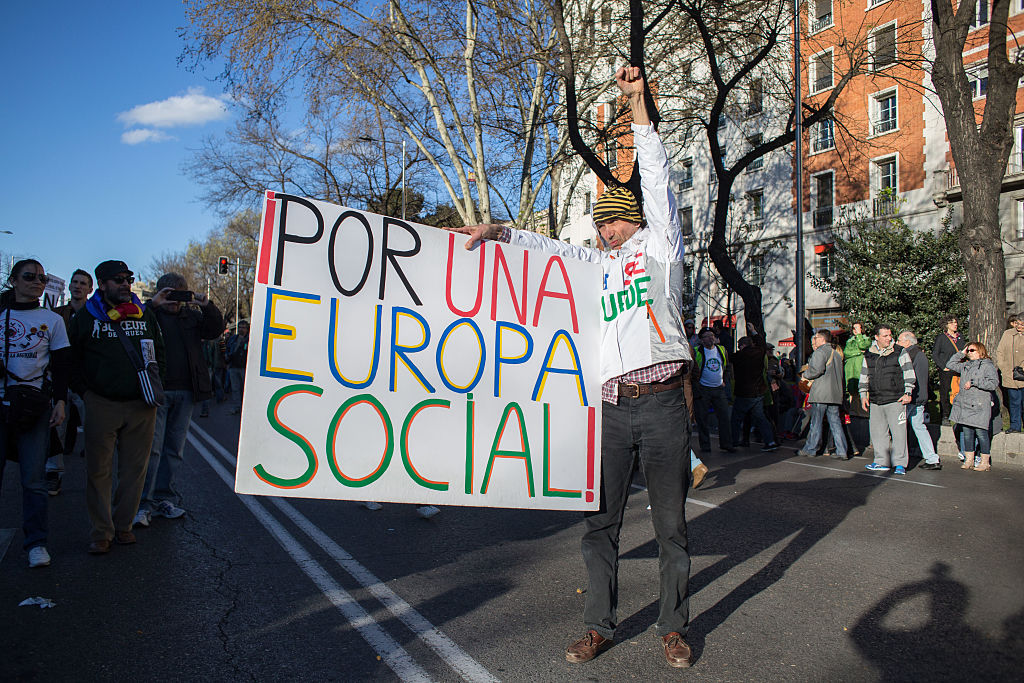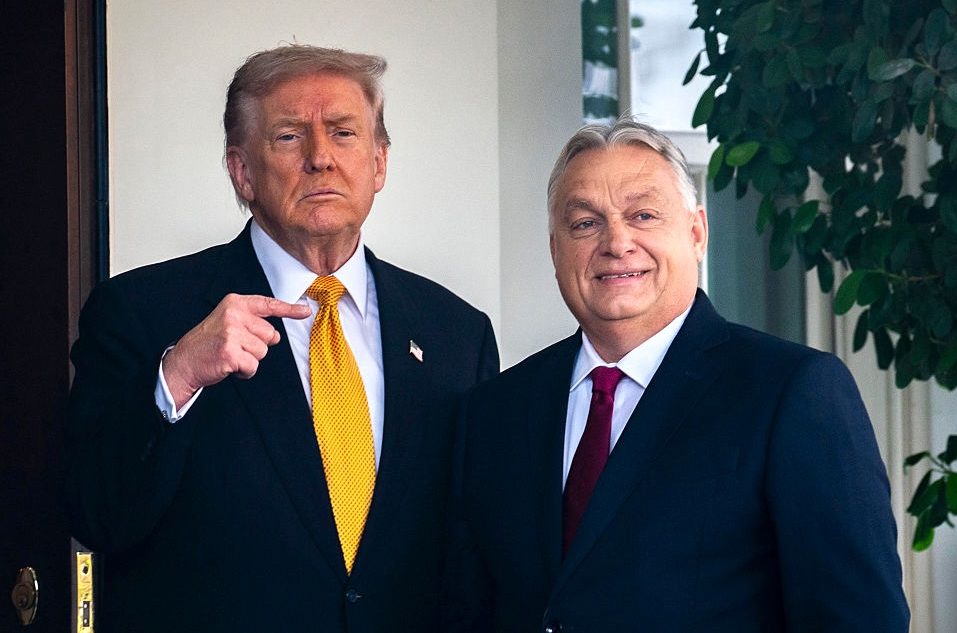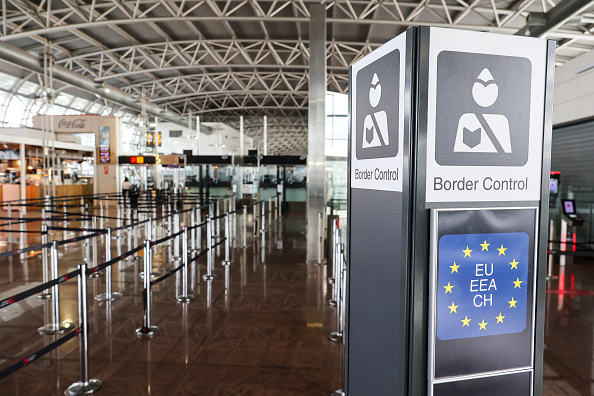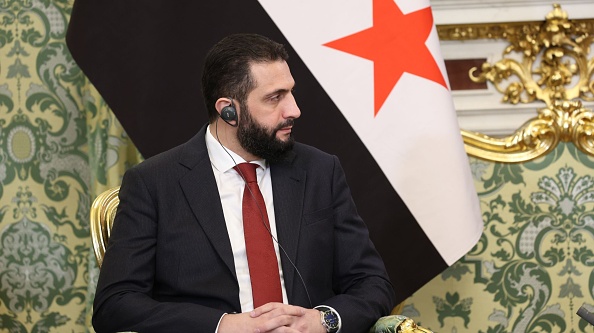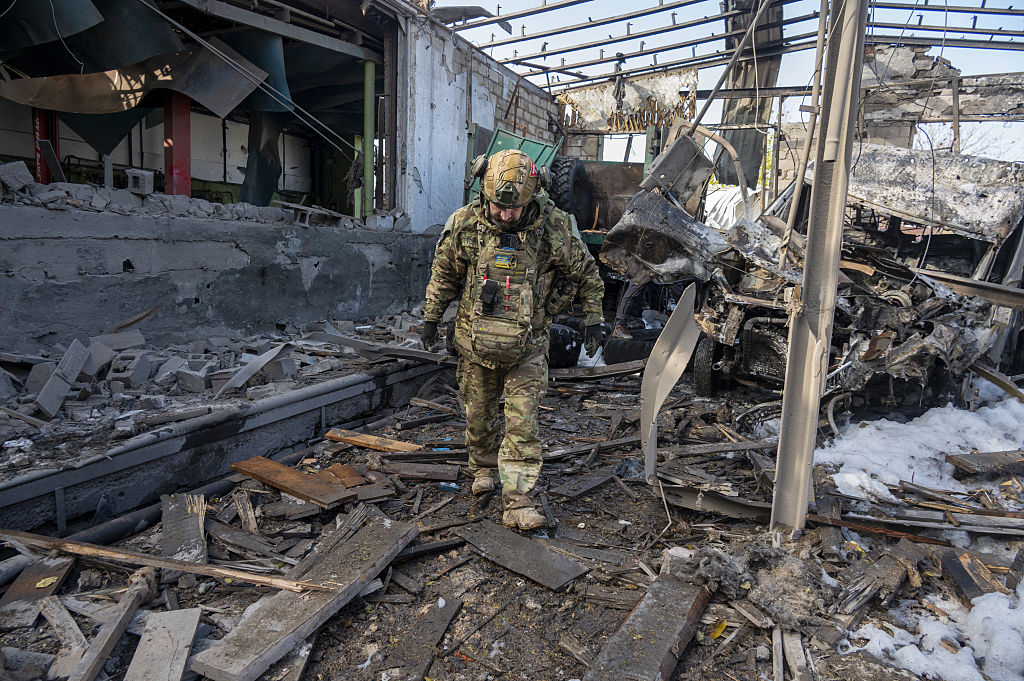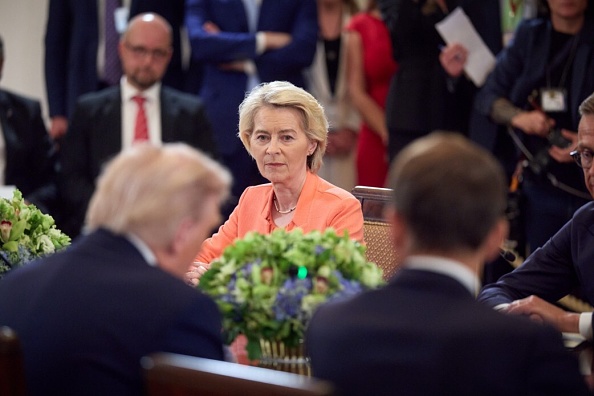The Brief – Europe turns blind eye to Sudan's slaughter
Given the striking disinclination to meet the crisis with a meaningful response, maybe it's best the Commission holds its tongue. But in choosing silence over hypocrisy, it stands guilty on both counts
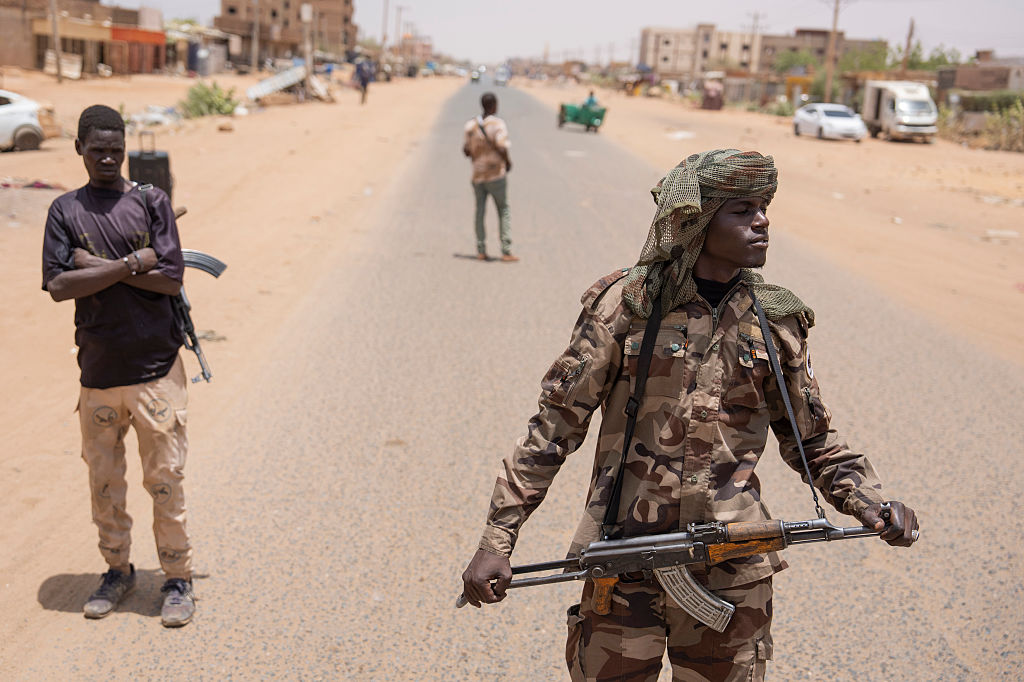
When it comes to what actions the EU is taking vis-à-vis Sudan, it’s better not to ask. After laying siege to El Fasher for over a year, the paramilitary force RSF took the city last week and has since meted out a bloody vengeance upon civilians, with the UN human rights office receiving “horrendous accounts of summary executions, mass killings, [and] rapes” – atrocities that are being likened to the genocide of the early 2000s, in which 200,000 were killed.
The horror show playing out in 2025 is currently the worst humanitarian crisis in the world, with over 13 million displaced and 150,000 killed, according to estimates.
But the heinous events fall outside Europe’s range of concern and have hardly registered in Western media. Pressed on the topic in today’s midday briefing, the Commission spokesperson delivered the mealy-mouthed refrain: “We call on all parties to immediately de-escalate in accordance with the UN Security Council resolution 2736.” When Euractiv asked if the executive was considering further sanctions (as it had previously indicated), there was precious little to add.
Seeing how ineffective other sanctions imposed by the bloc have been – and in an area where the EU has real skin in the game – the likelihood that the Sudan sanctions do anything to ameliorate the dire situation can be considered nil. And though the Council decided in September to extend its meagre sanctions package until October 2026, this concerns a trivial 12 individuals and eight organisations.
In a statement marking two years since the outbreak of the war, High Representative Kaja Kallas solemnly intoned that “The culture of impunity must stop”. But without punitive measures attached, this is nothing more than a diplomatic platitude.
And whilst the Commission is eager to point out that Sudan is the target of “the largest EU humanitarian package in Africa”, worth some €270 million, it has completely failed to address wealthy sponsor states – notably the UAE, which has funnelled funds and weapons to the RSF – who are fuelling the violence.
Given the striking disinclination to meet the crisis with a meaningful response, maybe it’s best the Commission holds its tongue. But in choosing silence over hypocrisy, it stands guilty on both counts.
Roundup
DG Comp race narrows – The race to replace the leader of the Commission’s powerful competition watchdog has narrowed, with only a few names still in the running. The body has faced heavy criticism from President Trump’s administration for enforcing EU tech rules against US companies.
More drone protections – EU countries are debating whether to allow Frontex to participate in airspace surveillance efforts, a Council note shows. The move comes after multiple drone incursions across Europe, including a weekend sighting at sensitive military and civilian facilities in Belgium.
A one-stop shop for train tickets? – The Commission’s plans to unify train booking systems with its upcoming Single Digital Booking and Ticketing Regulation have faced sharp industry criticism. Rail operators argue the measure could result in a few large online platforms becoming dominant. But green NGOs say the proposals would simplify bookings and provide a better deal for passengers.
Across Europe
Valencia leader resigns over flood mistakes – The leader of Spain’s Valencia region Carlos Mazon has resigned over his handling of catastrophic floods last year, in which more than 230 people were killed. “I am the focus of criticism, noise, hatred and tension,” he said in a televised address. “I can’t go on any more.”
Shein suspicions – France’s consumer watchdog has referred Shein, a fast-fashion giant, to the Paris prosecutor’s office over the sale of sex dolls with a childlike appearance. “If these behaviours are repeated, I will request that access to the Shein platform be banned from the French market,” Economy Minister Roland Lescure warned.
Timmermans successor announced – An internal vote decided that Jesse Klaver will lead the Dutch Green Left-Labour party, replacing Frans Timmermans, who resigned after coming in fourth in last week’s election. Klaver was the only real contender.

